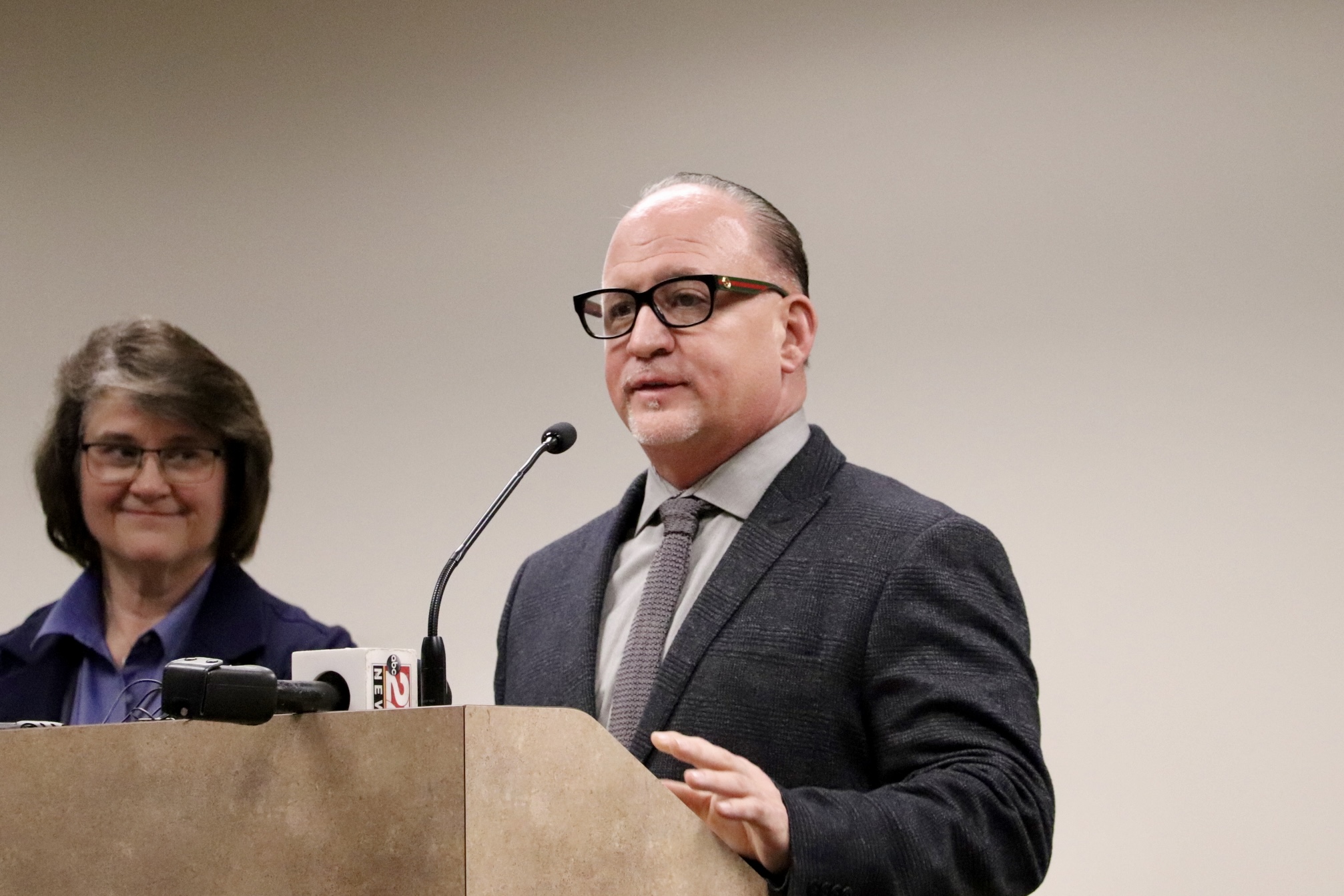News

Cumberland, Dauphin, Perry Counties Announce Plans for New, Regional Walk-in Behavioral Health Center and Mobile Crisis Unit
Harrisburg, PA – Officials from Cumberland, Dauphin and Perry counties have announced plans to open a 24/7 regional emergency walk-in behavioral health crisis center and mobile crisis response unit – a collaborative effort to address the persistent need for urgent behavioral health resources in the region.
The regional crisis walk-in center will be located in approximately 15,000 square feet of office space at 1100 S. Cameron St., Harrisburg. Renovations and construction will begin in early 2024, with plans to open by the end of 2024.
"Admitting they need help is a fleeting turning point for someone affected by substance use disorder or a mental health issue. Our community members in crisis can't be put on hold, on a waiting list, or in a bed in an overcrowded Emergency Department; this critical moment may pass,” said Dauphin County Commissioner George P. Hartwick III. “Having a walk-in clinic to render appropriate and immediate care to someone in crisis holds the promise of being transformative for care-seekers, our health care system, and our criminal justice system.”
“This partnership demonstrates the commitment of three counties coming together for the greater good of our residents who are struggling with behavioral health issues,” said Cumberland County Commissioner Gary Eichelberger. “When the center and mobile units are up and running, we will hopefully see shorter wait times in emergency rooms and fewer people with behavioral health issues housed in our jails.”
The new center will be operated by Connections Health Solutions, a national behavioral health crisis care provider whose crisis response care model has been recognized by the Substance Abuse and Mental Health Services Administration (SAMHSA) and the National Council for Mental Wellbeing as best practice.
“We’re honored to partner with Cumberland, Dauphin and Perry counties to bring immediate access crisis response services to the community,” said Colin LeClair, chief executive officer for Connections Health Solutions. “We look forward to the ongoing collaboration between the counties and all partners, working together to deliver high-quality care that restores hope and makes recovery possible.”
The center will provide 24/7 walk-in, emergency behavioral health care to all individuals, including children and adults, regardless of insurance or ability to pay. No appointment will be required to access care at the center.
In addition, the new center will accept 100% of first responder behavioral health emergent care patient drop-offs – including police and EMS – with a dedicated entrance and intake area for those patients. Once open, the center will accept both voluntary and involuntary behavioral health admissions.
Treatment and observation programs will be available at all times and staffed by medical practitioners, clinical and nursing staff, mental health professionals and case management personnel.
In addition, Connections will operate a mobile crisis response program, which will include two mobile response units providing community-based intervention to individuals in need at home, work or anywhere in the community where the person is experiencing a crisis.
A dedicated team of behavioral health professionals will assess, help stabilize and connect individuals to appropriate levels of care, if necessary. The clinical team will provide immediate access to life-saving behavioral health care in the appropriate setting and connect individuals to local resources and care to support long-term recovery and treatment.
“We have a behavioral health care crisis in this country, and a lack of access to care is one of the biggest obstacles to addressing it,” said Perry County Commissioner Brenda Watson. “With this collaborative effort, Perry County residents and their neighbors in Cumberland and Dauphin counties will soon have a dedicated resource if they or their loved ones experience a mental health emergency. This will truly be a lifesaver for so many in our communities.”
There is no local match requirement for the more than $17.5 million project cost.
The three counties partnered together to successfully apply for a state grant for the project. The Pennsylvania Office of Mental Health and Substance Abuse Services awarded the counties nearly $13.1 million in American Rescue Plan Act funding, while the Capital Area Behavioral Health Collaborative (CABHC) reinvestment funds rounded out the remaining $4.5 million for the project.

